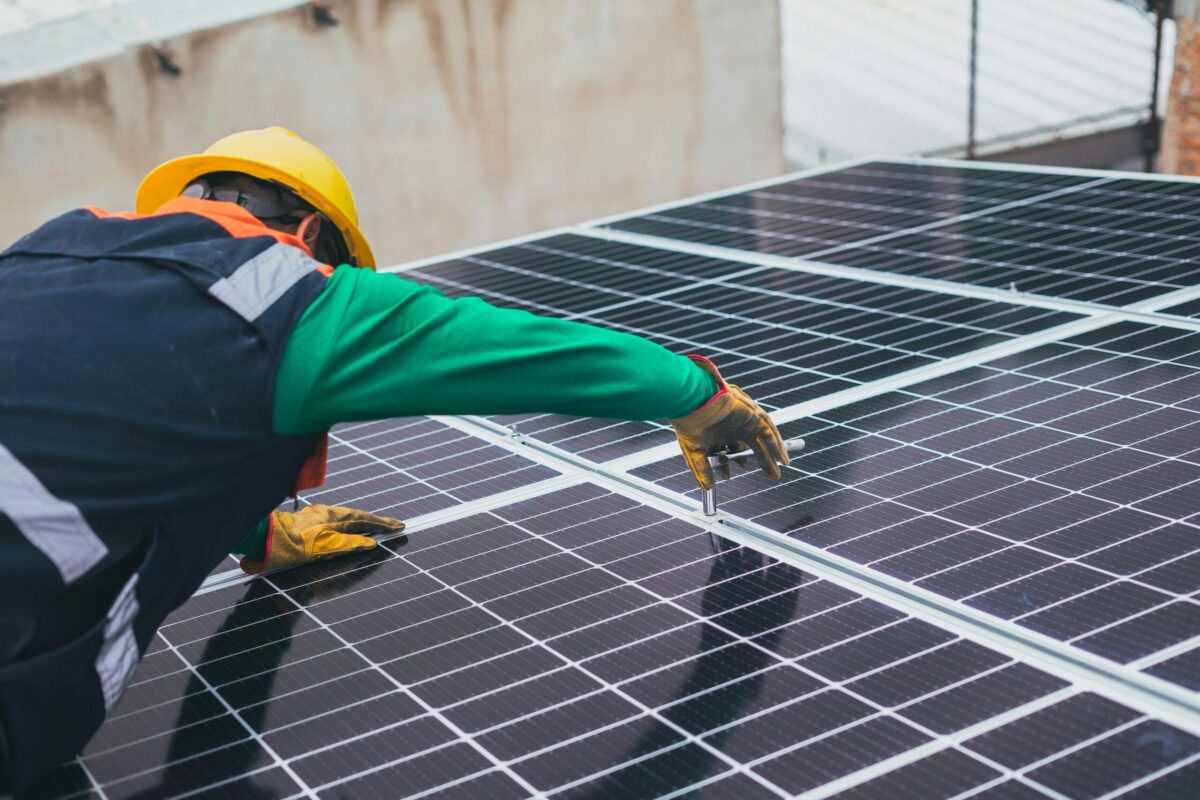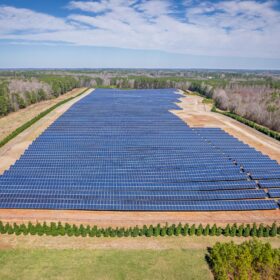This month the average price of wafers was $0.55-0.69 per watt, according to research done by EnergyTrend, though recent signs point towards overproduction along the value chain in China, which could push prices even lower. Silicon is the current standard material for the majority of solar panels produced in the world.
Andrew Yakub, Rayton’s founder, says the idea to create a new wafer-production system first occurred to him in 2011 when many Chinese solar manufacturers started selling panels in the United States at prices below the cost of production. The goal of Rayton is to produce panels in the United States that can compete with undervalued Chinese panels through cutting waste in the production process.
Instead of creating ingots and then cutting them with a saw, which Yakub says creates significant losses in panel production and in-field capability, Rayton injects protons at a specific depth within the silicon atoms, applies heat and exfoliates thin slices off the ingot measuring 3 microns thick, compared to a typical wafer that measures 200 microns.
“By cutting out the waste of traditional cell production, we will be able to compete with the cheapest Chinese panels,” Yakub says. “We’re not frightened by the current panel market. We welcome it because we believe lower prices expand the market – and we’ll be ready to win.”
Yakub says Rayton Solar is currently designing its wafer production and expects to have products for consumers in slightly more than 12 months from now.
Rayton Solar is entering a complicated kerfless wafer space littered with the remains of other promising startups who either couldn’t (or haven’t) produced what they promised. At the moment, the only company reaching the commercialization phase is 1366 Technologies, whose process differs substantially from Rayton’s technique.
This content is protected by copyright and may not be reused. If you want to cooperate with us and would like to reuse some of our content, please contact: editors@pv-magazine.com.








I appreciate the information on silicon wafer production. I had no idea that creating these silicon wafers could drastically reduce the price of things like solar panels and the way that they produce energy. My mom has been looking into getting some solar panels for her home but has been worried about the expense, I will be sure to share this information with her.